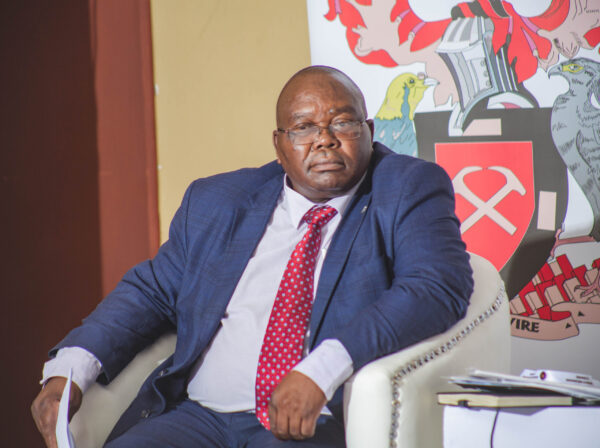The Permanent Secretary of Mines and Mining Development, Pfungwa Kunaka, emphasized the importance of ventilation practitioners investing in technology to curb the rise in gassing accidents, especially in the small-scale mining sector.
By Ryan Chigoche
Kunaka’s remarks were conveyed on his behalf during the ongoing Zimbabwe Mine Ventilation Conference.
Ventilation in mining operations is vital for the safety and health of workers. Small-scale miners face significant challenges that increase the risks associated with inadequate ventilation. Chief among these concerns is the exposure to harmful gases, such as methane and carbon monoxide, which can accumulate in confined spaces.
In 2024, Zimbabwe recorded 11 gassing accidents, resulting in 12 fatalities. The small-scale mining sector accounted for the majority of these incidents due to inadequate ventilation systems and insufficient knowledge.
In his speech, Permanent Secretary Pfungwa Kunaka urged ventilation practitioners to adopt technological solutions to address the rising number of incidents.
“We are now living in a world where technology evolves daily, and we need to invest in it to stay aligned with global trends,” Kunaka stated. “We can enhance our skills through training and collaboration. I must note, however, that the upsurge in gassing accidents is lamentable, as these incidents are avoidable given the available technology. As ventilation practitioners, your work demands precision, and as we transition to the digital age, we must leverage new equipment and tools to our advantage.”
The conference, organized by the Mine Ventilation Society of Zimbabwe (MVSZ), is themed “Ventilation Engineering Solutions for Solid Safety Performance.”
Mine ventilation is a critical branch of mining science and technology that includes the measurements and calculations required to document air quality throughout the mining cycle. The Ministry has expressed concern that many mines do not prioritize the training of ventilation practitioners.
This oversight has led to an increase in incidents, many of which have been fatal. Additionally, aspiring Full Blasting License (FBL) candidates often lack practical exposure to ventilation during their examinations.
Currently, the failure rate among FBL candidates is high. In 2023, of 258 candidates, 150 failed, with only 108 passing. This trend has continued this year, with 83 of the 158 candidates failing, while 75 passed.
Commenting on these developments, the Permanent Secretary emphasized, “Mine managers should be accountable for these failures. Another concern is that the FBL syllabus lags behind technological advancements. I suggest that the Mine Ventilation Society of Zimbabwe assist in reviewing and updating the FBL syllabus, especially in regard to ventilation aspects.”





